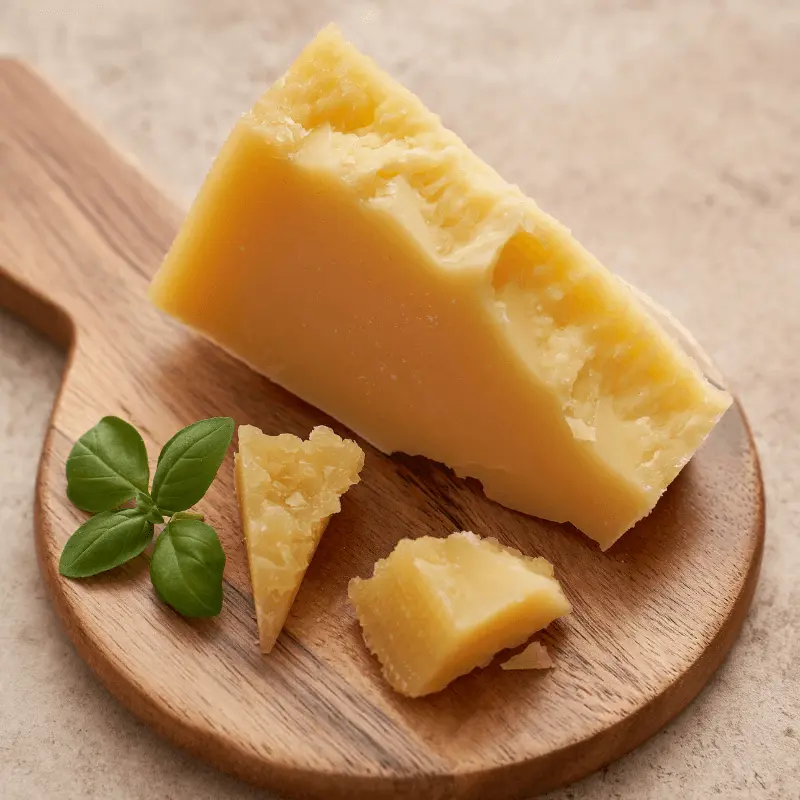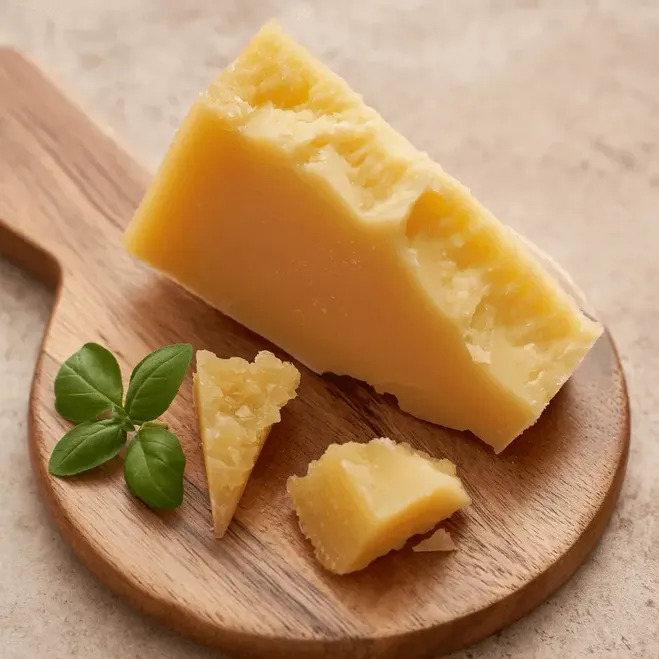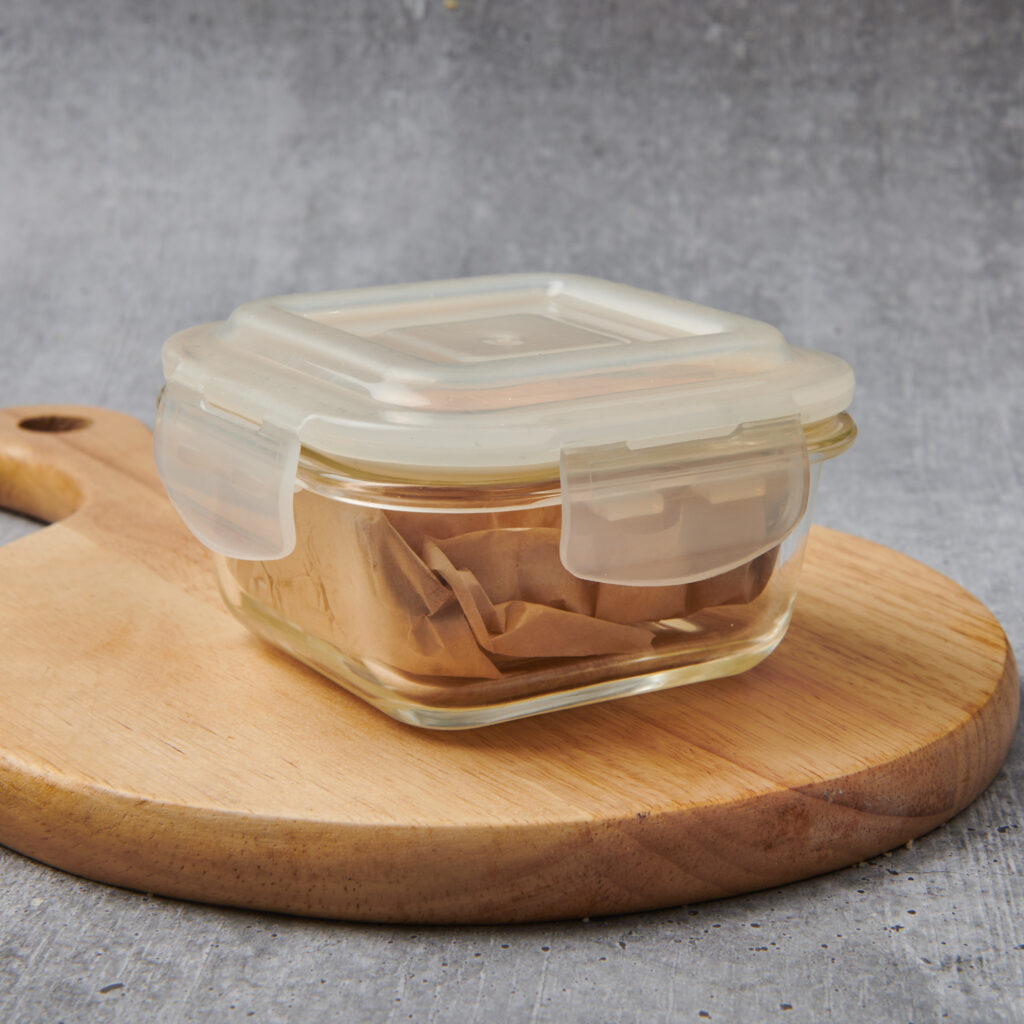
Everything you need to know about everyone’s favourite cheese

Parmesan is, without a doubt, among the most beloved cheeses in the community of cheese enthusiasts. Over the centuries, it has been a popular pantry staple in households across the world. Versatile, sharp and absolutely delicious, only a few kinds of cheese will lend a flavour as deep and rich as a great block of Parmesan. So settle in and take a stroll down memory lane as we recall the ABCs of this popular cheese.
History of Parmesan Cheese
Parmesan Cheese is an Italian hard, granular cheese which gives you a rich, nutty mouthfeel in every bite. Named after two Italian provinces where this cheese was originally produced, Parma and Reggio Emili. The first record of Parmesan dates all the way back to 1254, and legend has it that Benedictine monks created this Cheese in order to extend the shelf life of the surplus of milk that was being produced. Interestingly, the techniques used to craft this cheese 900 years ago are still in use today.

The making of Parmesan
Like all the finer things in life, producing Parmesan is an elaborate process but the delectable taste of this rich, ancient Cheese makes it all worthwhile.
- Parmesan Cheese is made from unpasteurised cow’s milk. To coagulate the milk, rennet, a naturally occurring enzyme, is added to heated milk.
- The curd is then cut into small pieces and placed in moulds, which are pressed to remove any excess whey.
- The cheese is then soaked in a brine solution for several weeks before being moved to a controlled environment for ageing.
- At least 12 months must pass after the cheese is produced; some kinds may age for up to 36 months.
Uses of Parmesan Cheese
Parmesan Cheese is a versatile ingredient that can be used in many different dishes. It is commonly grated over pasta dishes such as spaghetti carbonara and fettuccine Alfredo. To add flavour and richness, it is often used in soups and stews. A common element in meatballs and other Italian meat recipes, Parmesan Cheese can be added as a garnish to salads or roasted vegetables.
Storing Parmesan Cheese

Parmesan Cheese is a Hard Cheese that can last for a long time if stored properly. Unopened Parmesan Cheese can last for up to 6 months in the refrigerator, while opened Parmesan cheese can last for up to 4 weeks if stored correctly. Wrap your Cheese in baking paper and store it in an airtight container to increase its longevity and prevent it from drying out. If the Cheese develops mould or a sour smell, it should be discarded.
Looking to Buy The Best Parmesan Cheese?
Then you should consider our Parmesan Grana Padano Block, sourced straight from the quaint streets of Italy, and produced using age-old techniques. This decadent Cheese promises a rich, nutty experience in every bite, savour sharp and tangy flavours as little grains melt on your tongue. Our aged Parmesan Cheese is a good source of vitamins A, D, iron, and potassium.
Perfect Pairings
The rich history, versatility and texture make Parmesan one of the most celebrated Cheeses on the planet. If you love Parmasen as much as we do, celebrate it with a rich white wine such as a crisp, Pinot Grigio. It’s no coincidence that Italy’s most prized Deli Meat pairs perfectly with the Italian treasure that is Parmesan. Pair your Parmesan with salty, luxurious Prosciutto for a delicious dance of flavours.





Leave a Reply